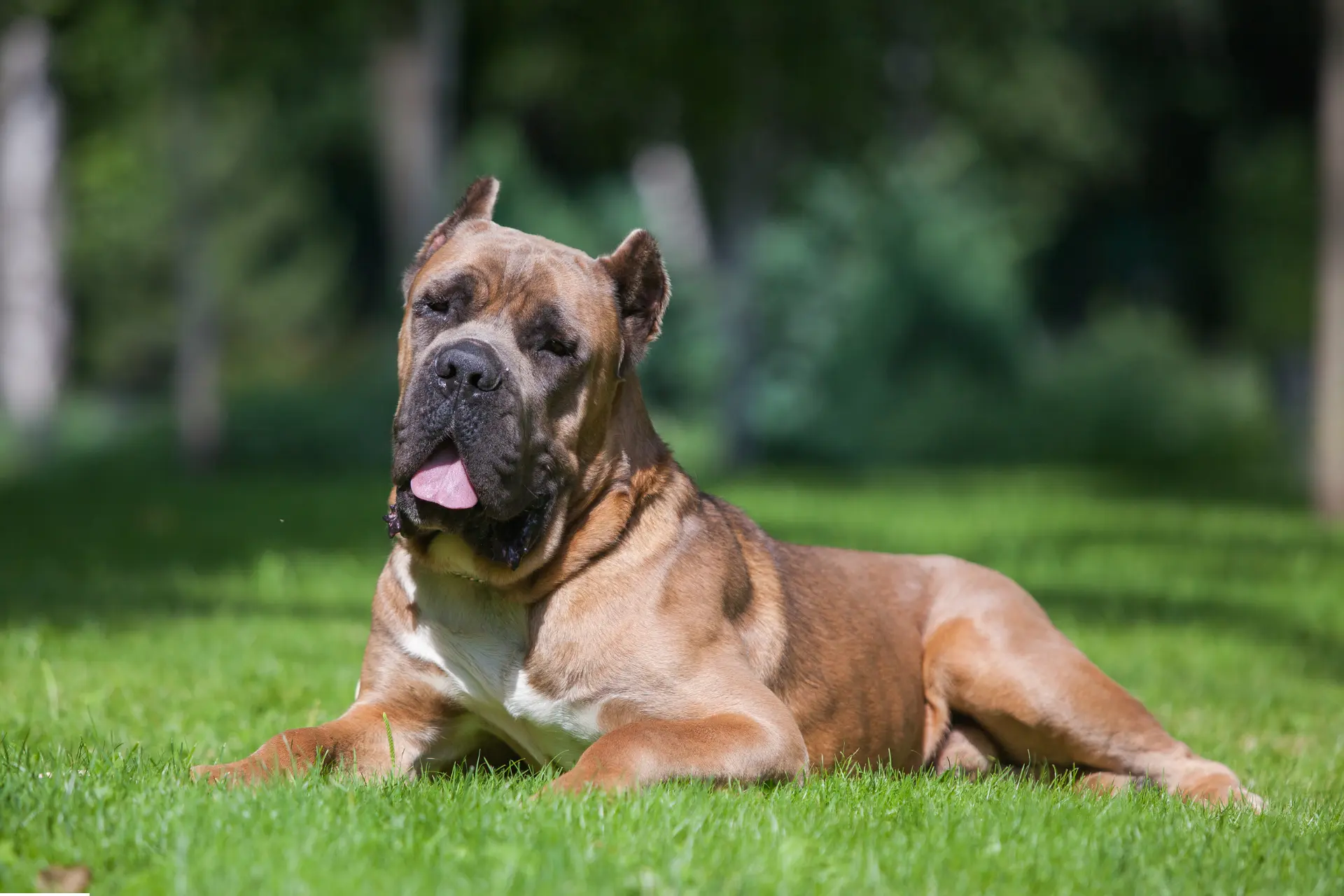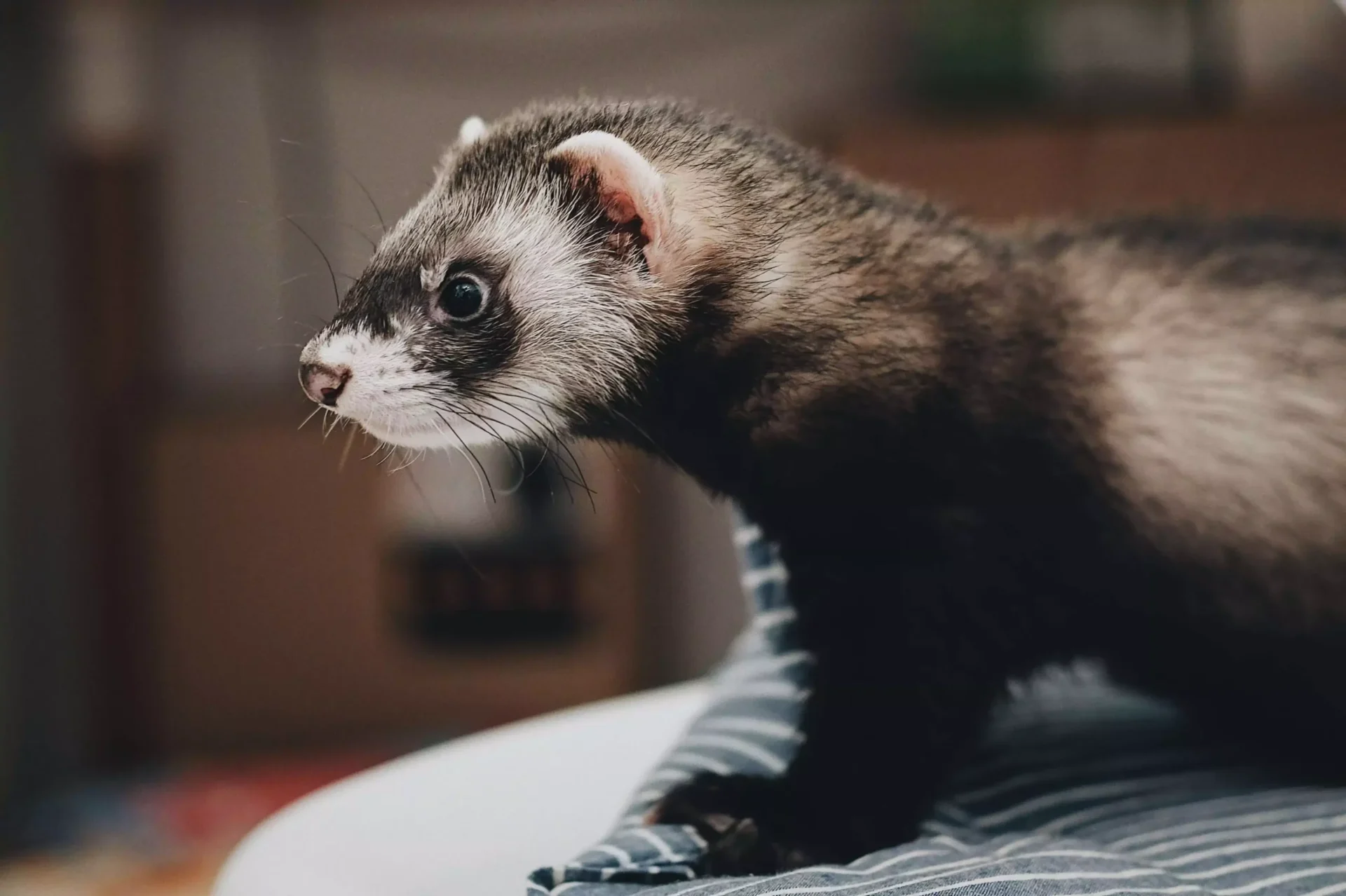March 23rd is National Chinchilla Day! These lovely little balls of fur are becoming increasingly popular. Chins can make excellent pets, but they do require good care to thrive. A local Longwood, FL veterinarian answers some FAQS below.
What Should I Know Before Getting a Chinchilla?
Chinchillas aren’t the most demanding pets on our lineup, but they do require daily attention. The most important thing is to do some research, understand the do’s and don’ts, and think things through carefully before adopting one.
People should be aware that these creatures have significantly longer lifespans than other tiny animals. Chins can live for ten or even fifteen years, which is equivalent to the lifespan of many dogs! They are also extremely sensitive to heat. It’s also worth noting that they are nocturnal, and are most active after dark.
What Kind of Cages Do Chinchillas Need?
Because chins enjoy jumping and climbing, you’ll need something that’s taller than it is wide. It should be at least 2′ long by 2′ wide. A multi-tiered cage is an excellent choice. Pick something with solid floors. The walls should be mesh, with openings less than 1 inch apart. Avoid plastic cages, as your pet may gnaw through it.
For substrate, you’ll want to use paper-based bedding materials. Wood shavings might cause irritation, so avoid using these. Make sure to include plenty of entertaining items, as well as appropriate hiding places, such as small boxes and tents. Ask your Longwood, FL veterinarian for specific advice.
Do Chinchillas Like To Snuggle?
Chins can be quite the little characters! Once your cute pet becomes accustomed to you and feels safe with you, they may not mind being held. However, Chinchillas generally prefer to be admired from a distance, or just lightly petted.
You may still bond with your tiny companion by talking to them, playing with them, and providing toys and treats. They also show affection in their own ways, which we’ll get to shortly.
How Will I Know If My Chinchilla Is Content?
Chinchillas have several really cute methods of expressing affection. When your pet sees you, they may wag their tail or run around with excitement. They also sometimes physically jump for joy. This is known as popcorning, and, as you can imagine, it is very cute.
Your chin may also nibble you softly. This is frequently a way to express affection. Of course, if your furry friend does this while you are holding them, it could indicate that they wish to be put down. If you have the audacity to be late with your chinchilla’s dinner, your little furball could throw a bit of a tantrum.
Where Do Chinchillas Come From?
Chinchillas originated in South America, and are native to the dry, cold regions of the Andes. They were previously quite plentiful. Unfortunately, their fur has long been sought after. Wild chinchillas are becoming increasingly scarce.
Do You Have To Groom A Chinchilla?
Chinchillas are pretty clean. You will not have to bathe your pet, at least not in the traditional manner. In fact, you should never wash your chinchilla with soap and water. Their fur is not meant to get wet and will take quite a while to dry. This may cause skin irritation. Plus, you’ll be dealing with a wet, unhappy furball!
Chinchillas clean themselves using dust baths. You will need to provide a suitable container and clean dust. Generally, chins should have dust baths three times per week. You’ll want to purchase store-bought dust. Sand is too abrasive and may harm your pet’s skin or eyes. (Tip: Keeping dust in the refrigerator, especially during the summer, will help your pet stay cool.)
What Can A Chinchilla Eat?
Chinchillas have special dietary requirements. Their teeth are open-rooted, as are those of many other tiny mammals. This helps them chew through many difficult plants and roots. Your cute pet will require a substantial amount of high-fiber foods. You’ll need to provide infinite amounts of hay. This can be supplemented with commercial pellet food and dark, leafy greens. Your little pal will also enjoy nibbling on safe branches like apple, pear, and blackberry. Take care not to offer anything that has been treated with pesticides.
Like any other pet, they will require fresh water.
Do Chinchillas Like Treats?
Chinchillas do not need treats. In fact, serving too many snacks may cause more harm than good. However, you can occasionally offer your pint-sized pal things like plain Cheerios, hibiscus leaves, or blackberry leaves. Fresh, safe herbs like oregano, peppermint, and lavender, are also suitable.
It’s equally crucial to understand what not to provide. Here are some of the no-no’s:
- Grains, Nuts, and Seeds
- Dried Fruit
- Branches of unsafe/unknown trees
- Chocolate
- Alcohol
- Caffeine
Ask your veterinarian for more information. Never offer anything unless you are certain it is safe.
What Are Signs Of Sickness In Chinchillas?
As with any other pet, you’ll need to keep a lookout for indications that something is wrong.
Some of the things to watch for include the following:
- Fur loss
- Withdrawal
- Chewing themselves
- Lethargy
- Restless or irregular activity, such as pacing
- Weight Gain or Loss
- Lack of appetite
- Diarrhea
- Constipation (a lack of fecal pellets)
- Discharge from the eye or nose
- Lumps, lumps, or lesions
- Excessive thirst
- sensitive/sore paws
- Symptoms may include bloating and open-mouth breathing
- Panting
- Drooling
- Pawing At the Mouth
- Lack of interest in bathing
- Uncharacteristic quiet
- Dirty bottom
If you observe any of these symptoms, contact your Longwood, FL animal clinic immediately.
What Sort Of Illnesses Can Chinchillas Get?
Chins, like any other pets, are susceptible to various ailments and disorders. While these little guys are generally healthy, they are also small and fragile. It’s important to find out about common illnesses and symptoms. Knowing the warning signs makes them easier to recognize!
Here are a few of the main ones:
- Ringworm: Chinchillas are especially vulnerable to ringworm, which, despite its name, is a fungus rather than a worm. The problem is treatable, but you must take your small companion to the vet right away.
- Overheating: Chinchillas come from the dry, arid Andes. They are not designed for hot or humid settings, and they can overheat even at temperatures that many people consider to be rather comfortable. Maintain an indoor temperature of 80°F or below, and keep your pet’s cage out of direct sunlight. Needless to say, this can be an issue here in Florida: you’ll need air conditioning in summer.
- Fur Issues: These tiny fellas’ soft fur makes them adorable and pettable, but it can cause difficulties. If your chin is lonely, stressed, anxious, or terrified, it may chew itself. This could also be due to hormonal or other health conditions. Chins can also shed profusely when scared or mistreated. This is a protective mechanism called fur slip. Be super kind and gentle with your chin and keep him comfortable, happy, and healthy!
- Dental Diseases: Chins, like other creatures with open-rooted flesh, are highly susceptible to dental problems. If your tiny friend is unable to wear down their teeth, they may develop some quite painful conditions.
- Digestive Problems: This category encompasses a wide range of problems. These include parasites, bad nutrition, and other factors. Chins cannot vomit, so gastrointestinal ailments can be quite dangerous for them!
Ask your Longwood, FL vet for more information.
Do you have any queries about chinchilla care? Contact us, your local Longwood, FL pet hospital, at any time!






!Social Media Icons